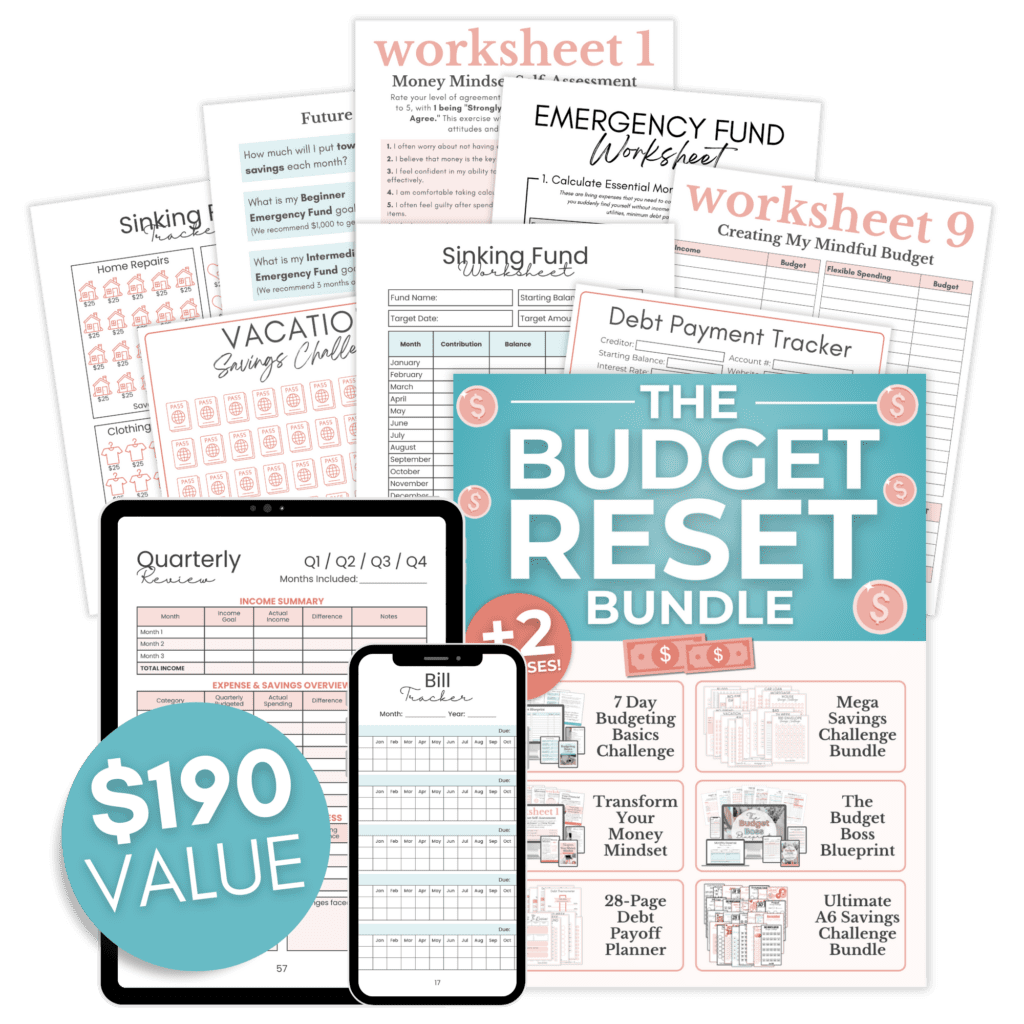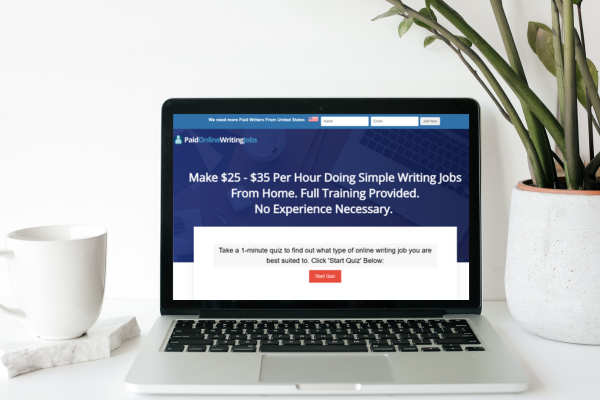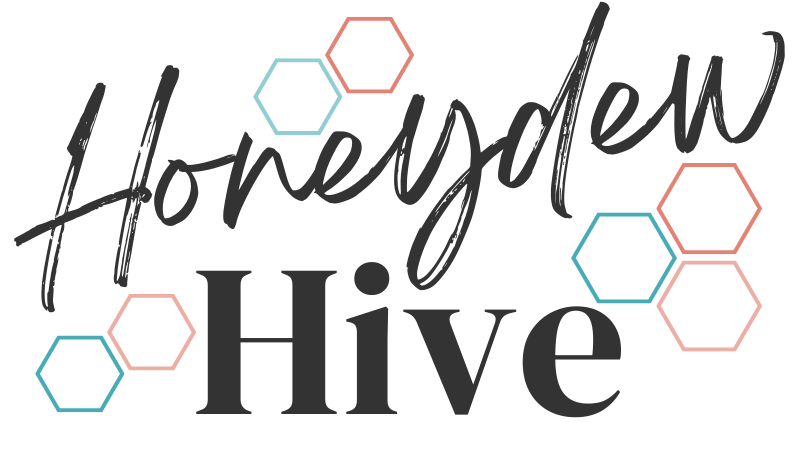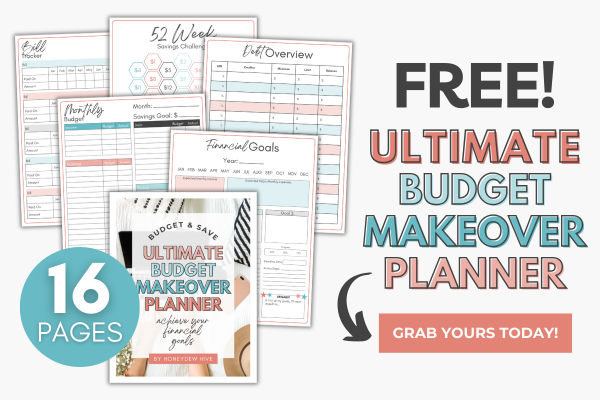How to Get Paid to Write From Home (Even With Zero Experience)

Getting paid to write from home might sound like a dream—but for many people, it’s a real, achievable reality.
No commute. No dress code. Just you, your laptop (or even your phone), and a flexible way to earn money doing something you already do every day: writing.
But if you’ve ever thought, “That sounds amazing, but I’m not a real writer…”—you’re not alone.
The truth is, you don’t need a journalism degree, a background in publishing, or years of writing experience to start making money from home as a freelance writer.
You just need a plan, a few simple tools, and the willingness to learn as you go.
In this post, I’ll walk you through exactly how to get started—even if you’ve never been paid to write a single word before.
I’ll also share the easiest types of writing jobs for beginners, what to expect in terms of pay, and the one platform I recommend for finding real, beginner-friendly writing gigs without wasting hours scrolling through job boards.
Let’s break this down step by step so you can finally get paid to write from home—even with zero experience.
Yes, You Can Get Paid to Write From Home (Even as a Total Beginner)
If the idea of writing for money sounds too good to be true, here’s some real talk: you absolutely can get paid to write from home—even if you’ve never done it before.
You don’t need a degree in English. You don’t need to be an expert in grammar. You don’t even need a big social media following.
What you do need is the ability to write clearly, communicate a message, and follow directions—skills you likely already use every day in texts, emails, or social posts.
RECOMMENDED READ: 7 Legit Paid Online Writing Jobs That Pay Weekly
There’s a huge demand right now for content. Businesses, bloggers, influencers, and startups all need help writing:
- Articles and blog posts
- Product descriptions
- Email newsletters
- Website pages
- Social media captions
- Simple editing or proofreading
And most of them aren’t looking for perfection—they’re looking for real people who can write in a friendly, conversational tone. (Which, by the way, is exactly how you’re reading this post.)

So if you’ve ever thought, “But who would actually pay me to write?”—the answer is: a lot of people. And I’m going to walk through exactly how to find them.
What Kinds of Writing Jobs Are Available?
When people think of “writing for money,” they often imagine bestselling authors or professional journalists. But the truth is, there are tons of writing jobs out there that pay well—and many of them are perfect for beginners.
Here are some of the most beginner-friendly writing jobs you can get paid to do from home:
1. Blog Posts and Articles
Businesses and bloggers need consistent content to attract traffic. These jobs often involve writing how-to guides, listicles, product reviews, or personal stories.
If you enjoy explaining things clearly or sharing your perspective, this is a great place to start.
2. Website Copy
Simple web pages like “About Us,” “Home,” or “Services” are often outsourced to freelance writers. You don’t need to be a marketing expert—just clear and conversational.
Most clients want their site to sound friendly and approachable.
3. Product Descriptions
E-commerce shops and Etsy sellers frequently need short, benefit-driven product descriptions.
These are usually quick to write and don’t require much research—perfect for beginners who write clearly and concisely.
4. Email Newsletters
Email marketing is huge, and many small businesses pay freelancers to write weekly or monthly emails to their subscribers.
These are often short, casual, and follow a repeatable format.
5. Social Media Captions
Yes—you can get paid to write captions for Instagram, Facebook, or Pinterest.
If you’re creative and know how to write short, engaging content, this is a fun and flexible gig to pursue.
6. Proofreading and Editing
If you’re someone who always catches typos or grammatical errors, you might enjoy proofreading.
These jobs involve reviewing other people’s content and making corrections—not rewriting from scratch.

The great thing about these writing gigs is that they often lead to ongoing work. Once you land a client who likes your writing, they’re likely to come back again and again—giving you more stability and income as you grow.
How to Get Started (Step-by-Step Plan for Beginners)
So now you know it’s possible—and profitable—to get paid to write from home. But how do you actually start?
Here’s a simple step-by-step plan that will help you build confidence, land your first gig, and avoid wasting hours trying to figure it all out on your own.
Step 1: Choose a Niche or Type of Writing
You don’t have to pick a niche right away, but it can help you stand out when you’re just getting started. Think about what you already enjoy talking or reading about. What do you have experience with?
A few beginner-friendly niches include:
- Personal finance
- Parenting or family life
- Health and wellness
- Beauty and skincare
- Lifestyle or home organization
If picking a niche feels overwhelming, just choose a type of writing to start with—like blog posts or product descriptions—and go from there.
Ready to Finally Take Control of Your Money?
The Budget Reset Bundle gives you everything you need to stop the paycheck-to-paycheck cycle, create a real budget that actually works, and start saving fast. No fluff — just real tools for real change.

Step 2: Create a Few Simple Writing Samples
You don’t need a portfolio full of published work to land writing jobs. What you do need are a few well-written samples that show you can communicate clearly and write in a relatable tone.
Here’s how to create your own:
- Write one sample blog post (500–700 words)
- Create a pretend product description
- Try writing a short “About Me” page for a fictional brand
Use Google Docs or Canva Docs for a clean, professional layout.
Step 3: Organize Your Samples in a Simple Portfolio
When applying for writing jobs, clients want to see what you can do. You don’t need a fancy website—just a Google Drive folder with links to your writing samples works perfectly when you’re just starting out.
If you want to go one step further, you can create a free portfolio on platforms like Contently or WordPress, but don’t let this step slow you down. Done is better than perfect.
Step 4: Start Applying for Beginner-Friendly Writing Jobs
There are lots of places to find freelance writing jobs—but sorting through them can take forever. Here are a few beginner-friendly options:
- Upwork
- ProBlogger Job Board
- Freelancer.com
- Textbroker
If you want to skip the overwhelm and start seeing real opportunities right away, I highly recommend checking out Paid Online Writing Jobs. It’s a curated platform that shares remote writing gigs specifically geared toward beginners—so you don’t have to spend hours digging through job boards.

This is the shortcut I wish I had when I was just starting out.
How Much Can You Make As a Beginner Writer?
This is one of the first questions people ask—and rightfully so. If you’re going to invest your time and energy into freelance writing, you want to know if it’s actually worth it.
The good news? Yes, you can absolutely make money—even as a beginner.
When you’re just starting out, most clients will pay $20–$50 per article, depending on the length, topic, and turnaround time.
As you build experience, grow your portfolio, and get referrals, that number can go up significantly—many writers charge $100–$300 per article within their first year.
Here’s a quick breakdown of common writing gigs and what they often pay for beginners:
- Short blog posts (500–700 words): $25–$40
- Long-form blog posts (1,000+ words): $50–$100
- Product descriptions: $5–$15 each
- Social media captions: $10–$30 per batch
- Proofreading/editing: $10–$20 per hour
If you’re consistent and treat it like a job (not just a hobby), it’s totally possible to earn $500–$1,000+ per month with part-time writing—especially if you work with a few repeat clients.
And the best part? Writing is a scalable skill. The more you do it, the faster you get, and the more you can charge.
You won’t get rich overnight—but if you’re looking for flexible, work-from-home income that fits your schedule, freelance writing is a great place to start.
Tips to Land Your First Paid Writing Gig
Landing your first freelance writing job can feel intimidating—but it doesn’t have to be.
With the right approach (and a little confidence), you can stand out and start earning money sooner than you think.
Here are some practical tips to help you land that first paid gig:
Keep Your Application Short and Friendly
When applying for writing jobs—especially on freelance platforms or job boards—skip the long resume-style emails.
Most clients are looking for someone who’s easy to work with, not someone with a formal bio and a list of degrees.
Instead, introduce yourself briefly, share why you’re excited about the project, and link to 1–2 relevant samples. That’s it.
Example:
“Hi! I’m a freelance writer who focuses on [topic]. I’d love to help with this project and have attached a few quick samples so you can see my writing style. Let me know if you have any questions—I’d be excited to work together!”

Follow Instructions Exactly
This sounds obvious, but it’s where many beginners mess up. If a client asks you to include a specific word in your application or submit work in a certain format—do it exactly as asked. It’s often a simple test to see if you pay attention.
Doing this right already puts you ahead of half the applicants.
Only Apply to Jobs That Match Your Skills (for Now)
As tempting as it is to apply for everything, stick with jobs that align with your current strengths—especially in the beginning.
If you enjoy blogging or writing casually, look for blog-style content jobs. If you love editing, try proofreading gigs.
Confidence comes quickly when you start with what you already enjoy or know how to do.
Start with Smaller Gigs to Build Momentum
You don’t need to land a $500 project on day one. In fact, taking a few smaller jobs at first can help you:
- Gain experience
- Build your portfolio
- Get your first client testimonials
- Learn how the process works
Once you’ve got a few wins under your belt, you’ll feel more comfortable raising your rates and applying for bigger jobs.
Use Curated Resources to Save Time
Job boards and freelance platforms can be overwhelming—especially when you’re new. That’s why curated platforms like Paid Online Writing Jobs can be so helpful.
You’ll get access to listings tailored for beginners without wasting hours scrolling through scams or dead links.
Pro tip: Check listings regularly and apply quickly. Many writing jobs get filled fast!
Final Thoughts: You Don’t Need Experience to Start—You Just Need a Plan
If you’ve been holding back from freelance writing because you don’t feel qualified, let this be your permission slip: you don’t need years of experience to get started—you just need a plan and a willingness to begin.
Every freelance writer you admire started exactly where you are now: no clients, no portfolio, no clue what to charge.
The difference is, they took the first step—and then the next. That’s how this works.
Whether you want to bring in extra income, work from home, or build a full-time writing career, the opportunity is real. There are businesses and websites right now looking for someone who can write clearly and show up consistently. That could be you.
Start small. Keep it simple. And be proud of yourself for trying something new.
If you’re ready to skip the guesswork and start applying for beginner-friendly writing gigs today, check out Paid Online Writing Jobs.
It’s a curated job board with real listings designed for new writers—and it’s a great shortcut if you’re tired of wasting time digging through job sites.
You’ve got this.
P.S. Once you start bringing in writing income, you’ll want to make sure it’s going somewhere smart.
Download my free Ultimate Budget Makeover Planner to start tracking your income, setting savings goals, and keeping your finances organized—without the overwhelm.


Your blog is a testament to your passion for your subject matter. Your enthusiasm is infectious, and it’s clear that you put your heart and soul into every post. Keep up the fantastic work!
Thank you so much for your kind words!